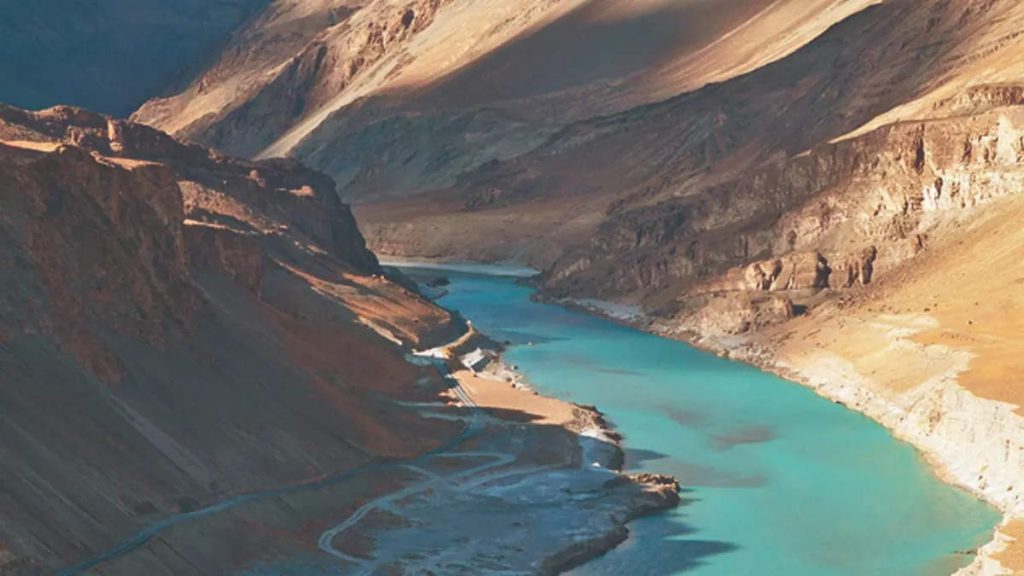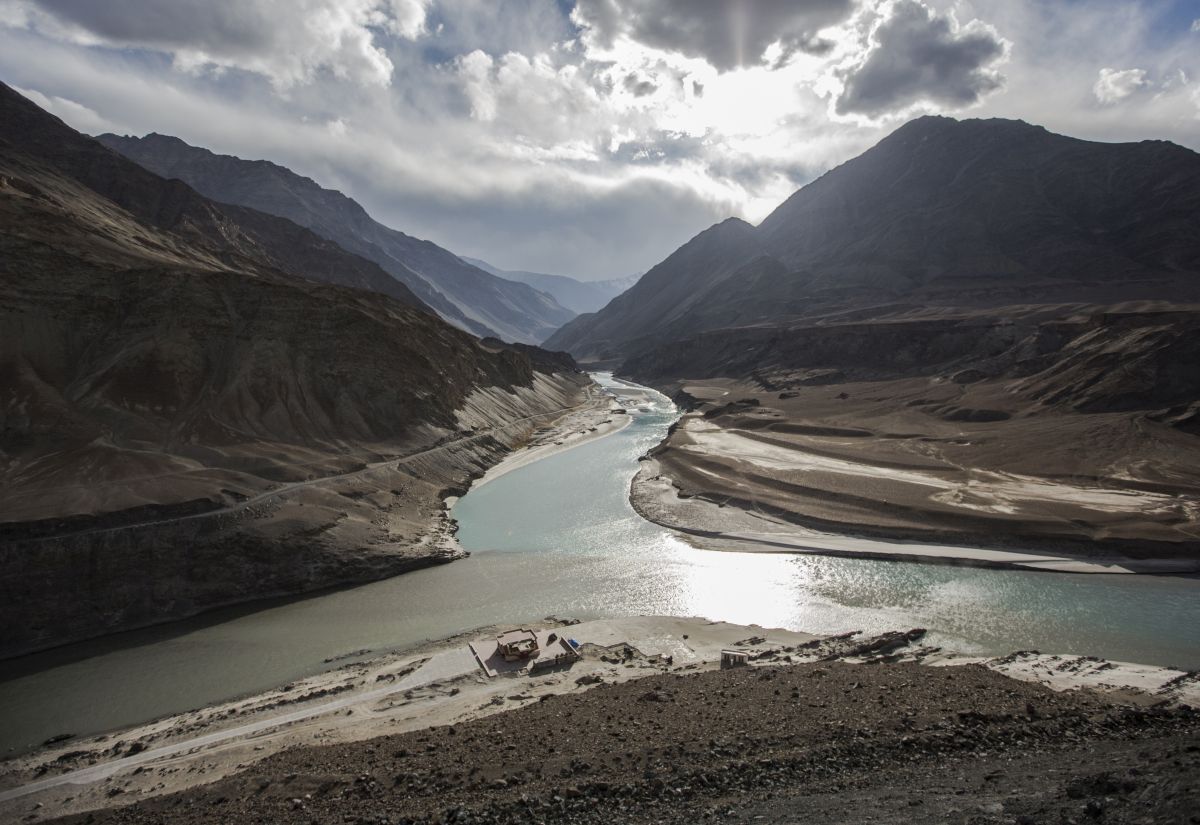Sources claimed Pakistan’s “intransigence” compelled India to publish. The notice of amendment and alter the treaty to “incorporate the lessons acquired over the previous 62 years”.
IN AN UNUSUAL STEP, INDIA has notified Pakistan of its intention to amend the Indus Waters Treaty (IWT). A bilateral pact signed in September 1960 that has withstood three wars, the Kargil War, and terror attacks in Mumbai and Kashmir.
Sources said the notice was conveyed by India to Pakistan on January 25 through the respective Commissioners for Indus Waters according to Article XII (3) of the IWT. The Article states: “The provisions of this Treaty may from time to time be modified by a duly ratified treaty concluded for that purpose between the two Governments.”
Late Friday, Pakistan said that “a Court of Arbitration is holding its first hearing in The Hague” on its objections to two hydroelectric power projects in J&K and attention should not be diverted from “the important proceedings”.

According to sources in Delhi, although India has always been a “steadfast supporter” and “responsible partner” in executing the treaty in text and spirit, Pakistan’s actions have “adversely impacted” its provisions and execution.
The notice is the most recent development in a series of events that began in 2015, when Pakistan sought the appointment of a “Neutral Expert” to investigate its technical concerns to the Kishanganga and Ratle Hydroelectric Projects (HEPs). In 2016, Pakistan reversed its proposal and asked that its objections be decided by a Court of Arbitration.

